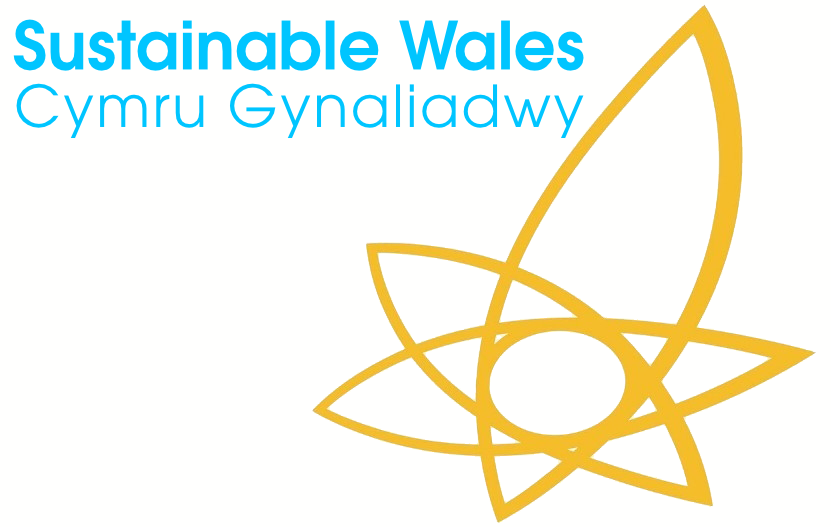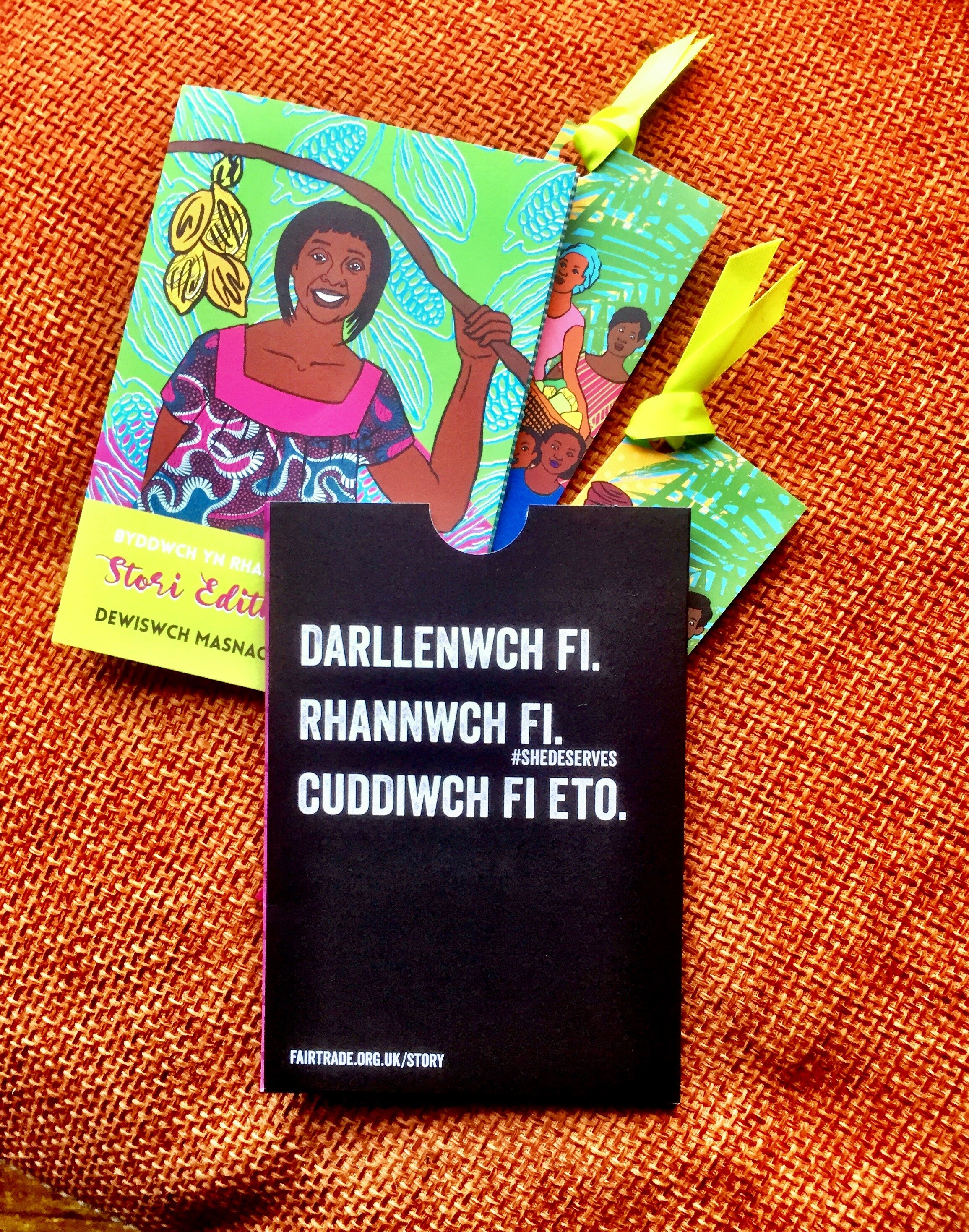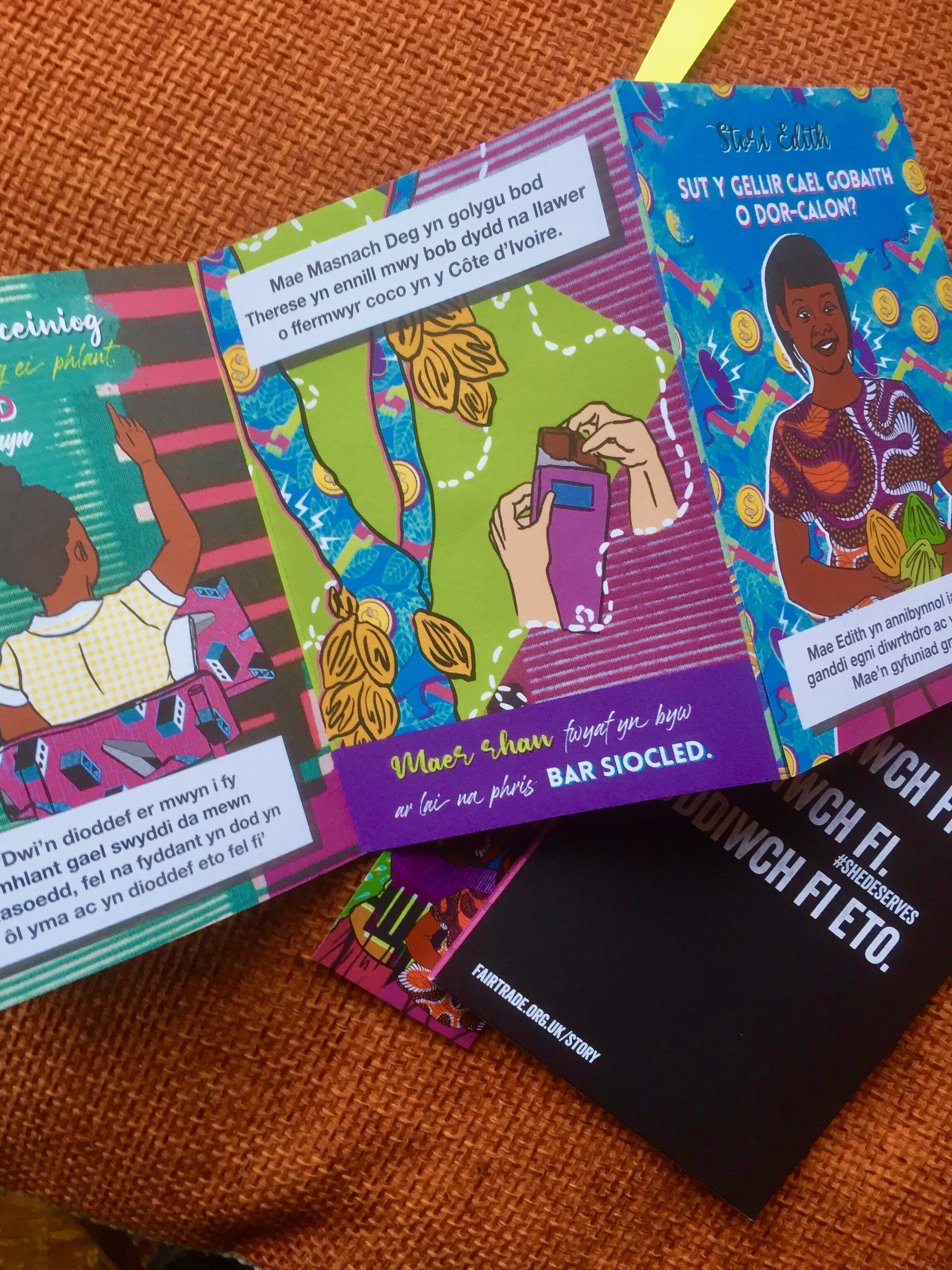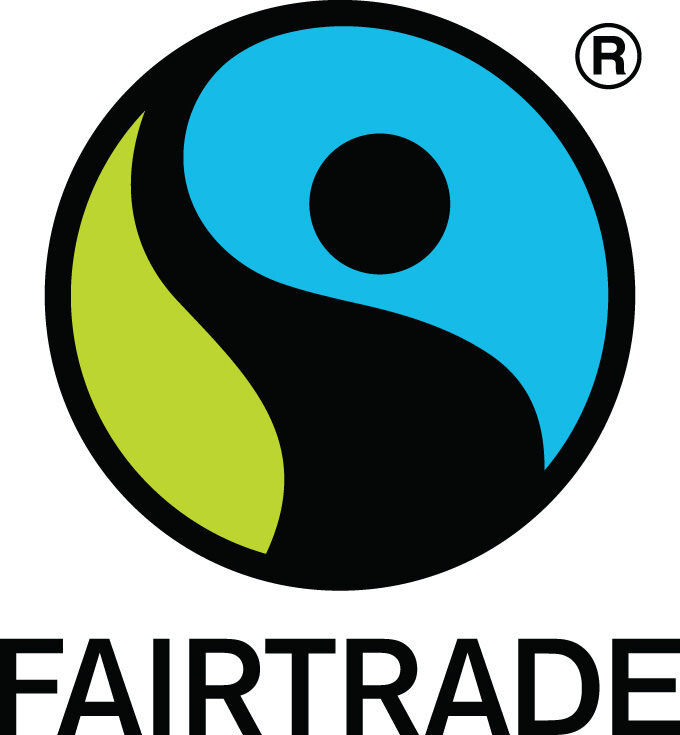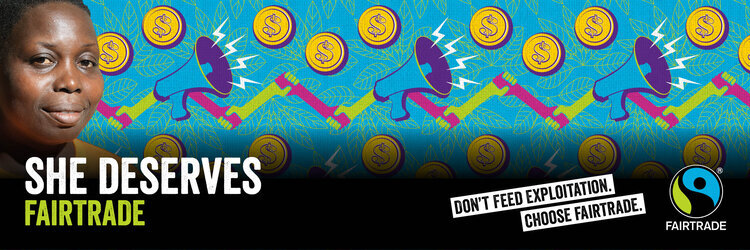The annual, hugely popular UK FAIRTRADE FORTNIGHT takes place in 2020 February 24 – March 8.
To celebrate, Porthcawl-based charity, Sustainable Wales will champion with food, fashion, stories and stalls.
Their community cooperative, SUSSED, will offer students, parents and shoppers free samples of fairtrade chocolate, tea, coffee and sugar at stalls held in schools and in the Porthcawl street.
A small new range of dresses/skirts made from recycled saris will also be available for the ethical, eco-chic fashionistas amongst us. Alongside these will be displayed a wide range of fairly traded gifts
On Sat. March 7th, the charity will hold a WELSH FAIRTRADE Pop-Up Café, 11.00 – 4pm, at 5 James St. Porthcawl CF36 3BG above SUSSED. Diners will be able to select from a menu chosen to celebrate Wales, whilst showing support for people in developing countries.
Look out for the Storybombs!
Throughout Fairtrade Fortnight, shoppers will discover at SUSSED, Porthcawl’s fair trade shop, several ‘storybombs’ (in English and Welsh).
These ‘storybombs’ will tell some extraordinary stories from women producers and help us understand their need for a ‘living income’. The ‘storybomb’ can then be placed somewhere else for others to uncover and so on. (Read Me, Share Me, Hide Me Again).
Co-ordinator, Margaret Minhinnick says:
“Shoppers increasingly question where their products come from, how they were made, and how the people involved were treated and paid.”
“The public do not want exploitation to be part of the price of their goods.”
“For example, the UK chocolate industry is worth at least £4 billion each year, but Fairtrade cocoa represents a mere fraction of this.”
“The average cocoa farmer inn Côte d’Ivoire and Ghana, where 60 percent of all cocoa is grown, makes less than 75p a day. This is well below the extreme poverty line of around £1.40 and is less than the price of a Latte which can’t be right, it just isn’t fair”. Margaret said.
Story bombs at SUSSED
(1). Typical Fair Trade ‘Story Bombs’
On top of this the climate crisis is already wreaking havoc on global food production. Farmers are battling less predictable seasons, more plant diseases and weather extremes, leading to a lack of produce, struggling to harvest crops and working longer hours, for lower prices.
For women, the situation is even more unfair. In Côte d’Ivoire, for example, women carry out more than two thirds of the labour involved in cocoa farming. They work in the fields, look after children, carry water, and help bring the crop to market. And yet they often have fewer rights than men, and often earn less than a quarter of the money generated.
To change this story, we need more people in the UK to understand the power they have as consumers and to choose Fairtrade as much as possible.
We need to show companies that people in the UK expect them to go much further to pay a living income prices to farmers – and Fairtrade is the most trusted way to show it.
NOTES
Only Fairtrade is campaigning publicly for the right to a living income for farmers – men and women:
Price: The Fairtrade Premium and the Fairtrade Minimum Price are driving real change, right now. Fairtrade farmers and workers have a safety net that protects them from low prices for their crops.
Premium: Fairtrade farmers and workers choose how they spend the Premium, which they can use to make their farms and communities stronger. It also allows them to invest in different ways of making money, so that they are less reliant on the unpredictable cocoa market.
Women’s empowerment: Fairtrade is also supporting more women cocoa farmers to take the reins and stand tall alongside men. Fairtrade Standards make sure that they have a voice in their community, are represented in decision-making and benefit from Fairtrade. We know that independent income in the hands of women brings positive change to communities even faster.
Environment: While you can’t protect the planet without protecting its people first, rigorous Fairtrade Standards support farmers to protect the environment and the Fairtrade Premium is enabling them to invest in climate resilience and adaptation.
What is Fair Trade?
Fair Trade is about :
better prices,
decent working conditions,
local sustainability, and
fair terms of trade for farmers and workers in developing countries.
Beth yw Masnach Deg?
Amcanion Masnach Deg
prisiau gwell,
amodau gwaith diogel,
cynaladwyedd lleol, a
pris teg i ffermwyr a chynhyrchwyr mewn gwledydd sy’n datblygu.
